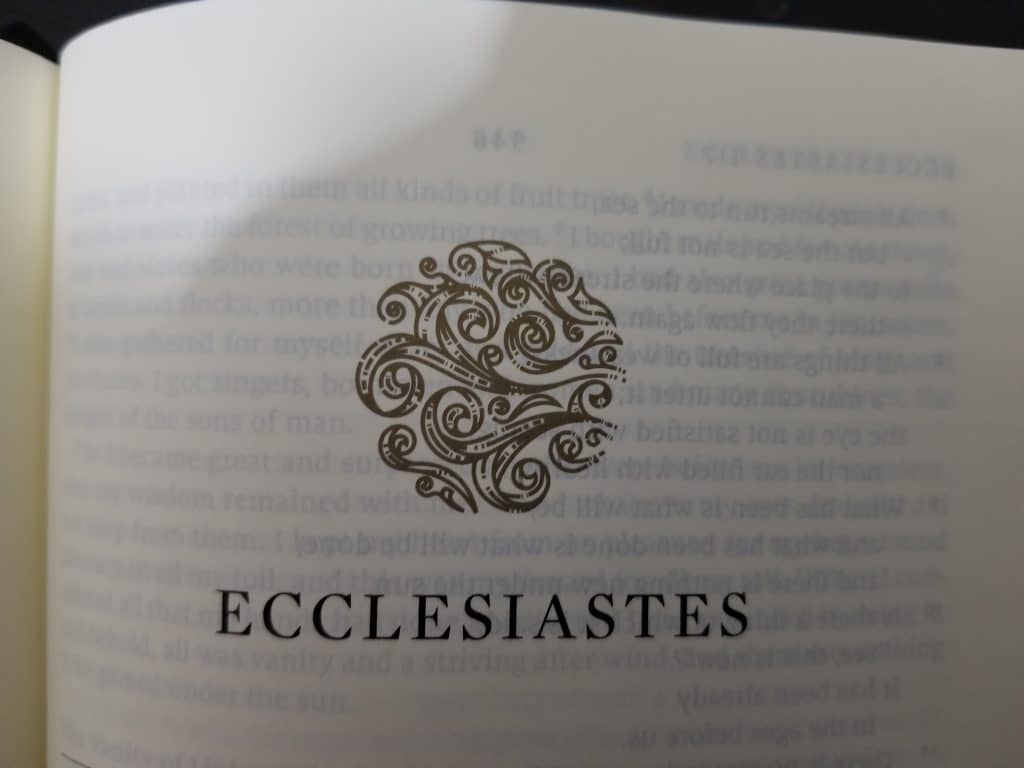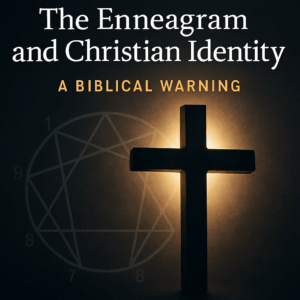⏱️ Estimated Reading Time: 4 min read
In every society throughout history, it has been a misconception that wealth will bring contentment. The saying is true that “money solves problems.” Yet, it is more accurate that money can causes more problems than it solves. In many societies, it is the wealthy that hold power and the influence, which is why people seek after it. We want to “keep up with the Joneses” or at least pretend to be because it will make others think more highly of us. Money is what drives the economy, and companies desire to accumulate more of it by convincing the general public to buy their products and services. It is for this reason that fads and standards of “cool” change rapidly. One can spend a lifetime and a fortune trying to keep up.
The book of Ecclesiastes reminds us that, on this earth, money is necessary, but it is not ultimate. When a person places money as ultimate in their life, they are in danger. Solomon, in this passage, reminds the reader that “he who loves money will not be satisfied with money, nor he who loves wealth with his income” (v. 10). Human nature does not breed contentment. When a person accumulates wealth, it is human nature to want more. Yet, how much is enough? Solomon’s answer to this question is in agreement with the twenty-first-century sentiment, “just a little bit more” (ref v.11).
Money is fleeting. What is gained in toil can be easily lost, as in the example given in verse fourteen of this passage. Even if a person manages to build and protect wealth over a lifetime, they must leave it to someone else when they die. As the old saying goes, “you cannot Paul a U-Haul behind a hearse.” Solomon puts it this way, “As he came from his mother’s womb he shall go again, naked as he came, and shall take nothing for his toil that he may carry away in his hand” (v. 15). It is unwise for a person to accumulate wealth for the sake of getting more. If used with wrong motives, it can destroy a person’s soul. In the Sermon on the Mount Jesus said, “No one can serve two masters, for either he will hate the one and love the other, or he will be dedicated to the one and despise the other. You cannot serve God and money” (Matthew 6:24). Money is a great tool but a terrible master.
Solomon concludes that a person should seek contentment in the Lord and not in wealth. Twice in verses 18-20, he used the phrase “this is his lot” or “accept his lot.” Whether a person has to work hard to make ends meet or inherited a trust fund, each has been given what he has as a gift from the Lord. We are called to find enjoyment in God by enjoying the good gifts that He gives. Happiness is fleeting because it is based on circumstance. Joy, on the other hand, is based on one’s relationship with the Lord. When a person finds joy in God, he can rejoice and enjoy all that the Lord has given, whether little or much.
The modern world has much to learn from the book of Ecclesiastes. We would do well to read it more often and apply its principles to our daily lives. In a world filled with the temptation to want more and more stuff, we would do well to be thankful for what he has given us and bless others with the excess. Living with the end in mind helps put this in perspective. Each one of us will die at some point, and have to leave behind all of our material possessions. Yet, as believers in Christ, we live not for the treasures on earth that moth and rust destroy, and thieves break in and steal. We live for an eternal inheritance that has been bought with the blood of Christ. This is a reason to rejoice.



